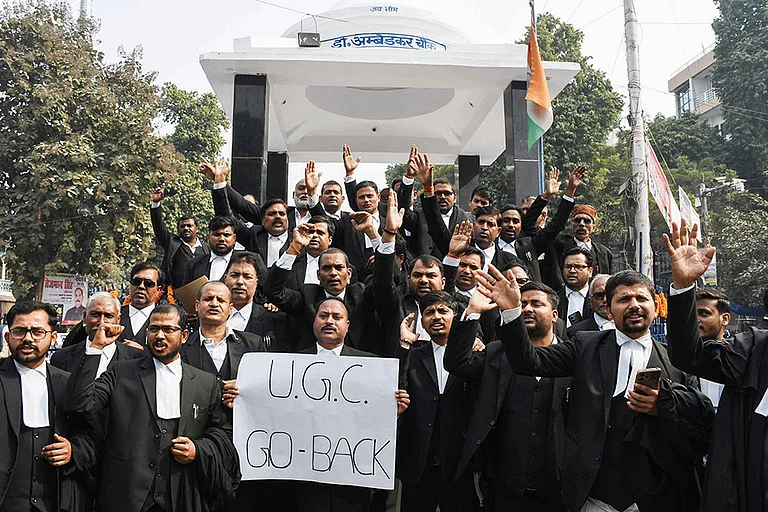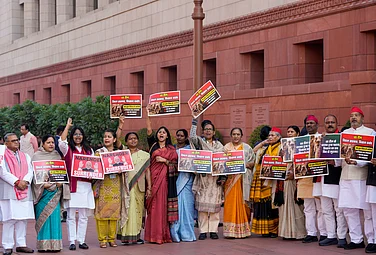Israeli Defense Minister Yoav Gallant has outlined the next phase of Israel's war on Gaza, revealing plans for a new combat approach in the northern region. The approach involves raids, tunnel demolitions, air and ground strikes, and special forces operations. In the south, the operation will persist to eliminate Hamas leaders and rescue hostages, continuing as long as deemed necessary.
The conflict was triggered by an October 7 attack by Hamas gunmen, resulting in over 1,140 casualties and approximately 240 hostages. The toll on Gaza has been devastating, with more than 22,400 lives lost, widespread displacement, and extensive damage to infrastructure.
The southern region, where the majority of Gaza's 2.3 million residents now live in temporary shelters, will see the continuation of operations targeting Hamas leaders and the rescue of Israeli hostages.
Furthermore, Gallant detailed Israel's post-war plans for Gaza. He asserted that Hamas would no longer control the territory, emphasizing that Palestinian bodies would manage the enclave, provided they refrain from hostile actions against Israel. Israel commits to having no civilian presence in Gaza, while retaining operational freedom.
Israel aims to establish a multinational task force involving Western and Arab nations for border governance. The force, led by Israel, will oversee the restructuring and redevelopment of Gaza. Despite international efforts, Hamas remains resilient, gaining popularity across Palestinian territories and expressing refusal to leave Gaza.
Ongoing military operations in central and southern Gaza persist, with displaced families facing dire conditions in crowded areas, including the Rafah governorate in the south. The United Nations reports that nearly 1.9 million people, over 80 percent of Gaza's pre-war population, have been displaced, with concerns rising over the spread of disease due to a lack of supplies, medicine, clean water, and fuel.


























